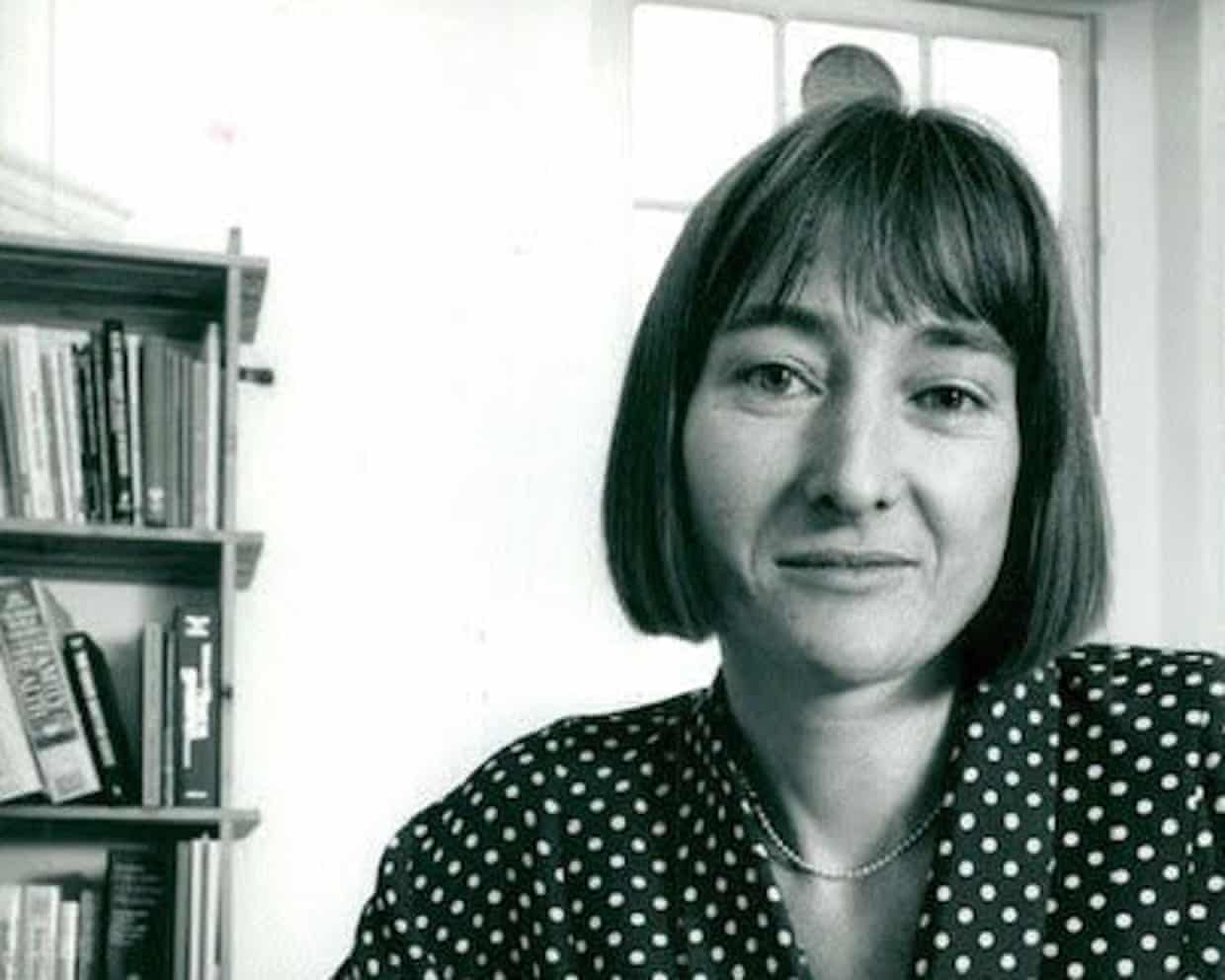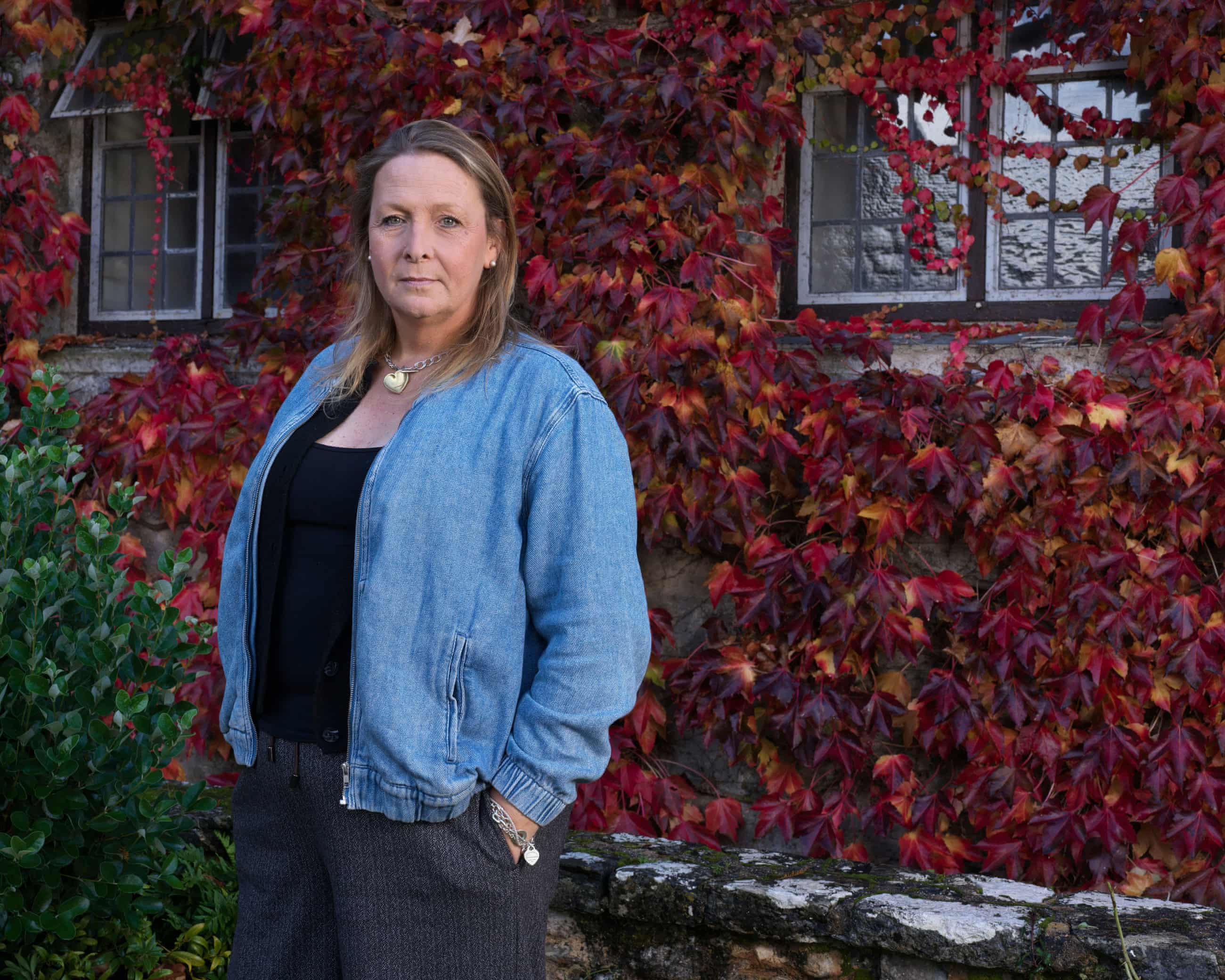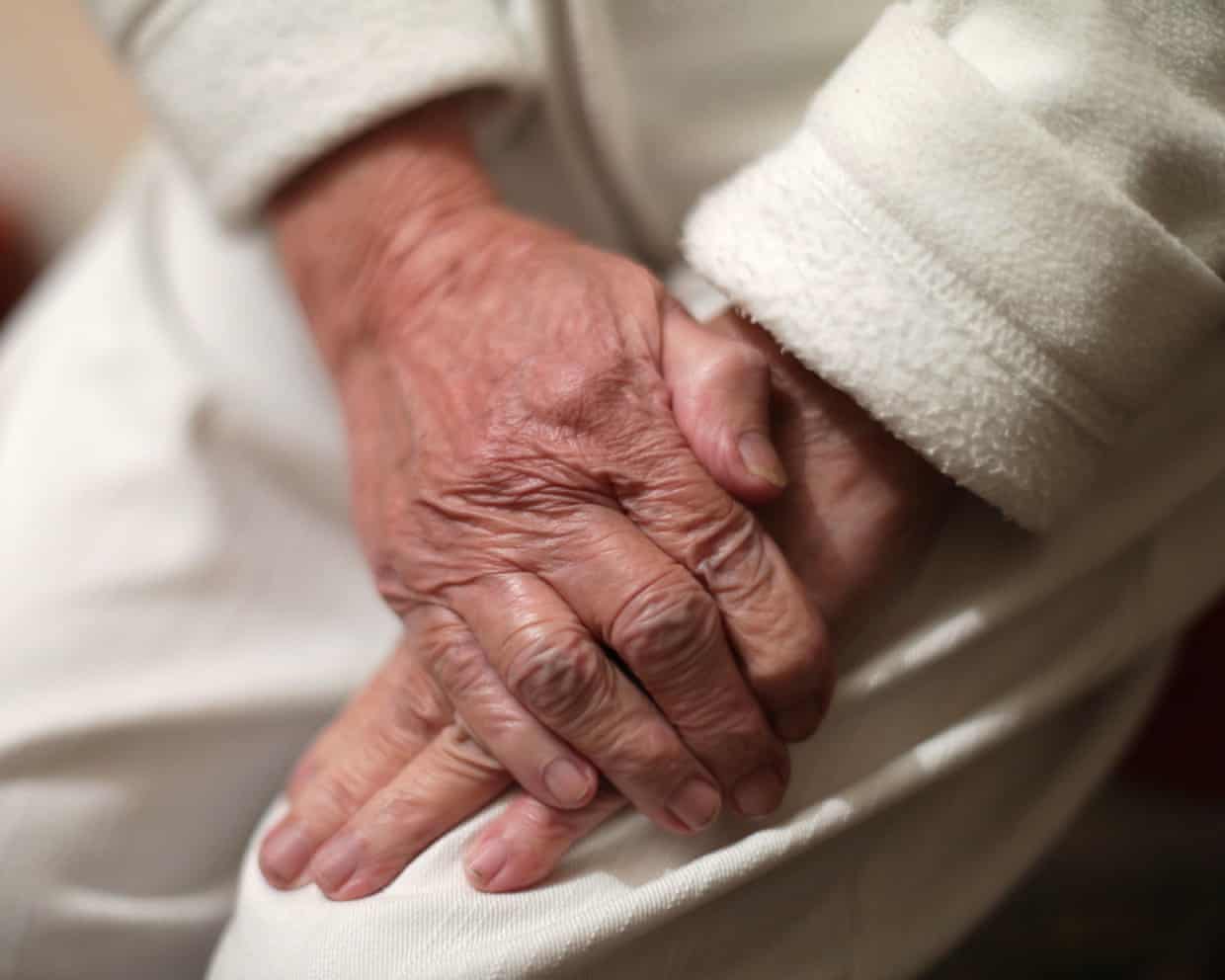Housebuilder Taylor Wimpey hit by sales fall amid budget uncertainty

The British housebuilder Taylor Wimpey has reported a drop in sales in the key autumn period, blaming uncertainty in the run-up to this month’s budget for potential buyers holding back purchases,The company, the latest home construction business to report softer sales growth, reported that its weekly average for the number of private sales per site fell 11% to 0,63 between 30 June and 9 November compared with 0,71 in the same period last year,“Market conditions remain challenging, impacted by uncertainty ahead of the upcoming UK budget and continued affordability pressures,” said Jennie Daly, its chief executive.
“The government’s housing ambitions, and the significant economic and social benefits of increased housing supply can only be unlocked by effective demand, particularly for affordability constrained first-time buyers.”The company’s order book is also down, at 7,253 homes as of 9 November compared with 7,771 at the same point last year, with a value of £2.1bn.However, it said that for the year to date, sales are only slightly down on 2024, an average rate per site of 0.72 compared with 0.
73.In August, it was reported that Treasury officials had been considering a new tax on the sale of homes worth more than £500,000, although it is not yet clear whether the chancellor, Rachel Reeves, will choose to implement it.Nationwide reported a slowing in house price growth last month, with analysts suggesting that buyers were “sitting on the sidelines” before a budget that may bring new property taxes.However, last week Halifax reported a different picture, suggesting that UK house prices in October had risen at their fastest pace since January, with demand bouncing back from a September trough despite the budget uncertainty.Taylor Wimpey also said that while it expected underlying pricing to remain “broadly flat”, building costs were expected to continue to rise at a low single-digit percentage rate.
Anthony Codling, an analyst at RBC Capital Markets, said that the softening in the market had “all but cancelled the autumn selling season”.“It is clear that the UK housing market has softened in the second half as budget uncertainty has been growing since the summer,” he said.Sign up to Business TodayGet set for the working day – we'll point you to all the business news and analysis you need every morningafter newsletter promotion“House prices remain firm, but build costs continue to rise, creating margin headwinds, and the order book is down 7% by volume.The catalyst for change is the budget on 26 November rather than today’s trading update, and on budget day the shares could go either way.”Despite the softening market, Taylor Wimpey said it expected its completion rate and operating profit to be in line with previous guidance.
“We have delivered a resilient performance thanks to the hard work of our teams on the ground,” Daly said.“Looking ahead, UK housing market fundamentals are highly compelling.As set out at our recent investor and analyst event, we remain confident in our ability to deliver profitable growth and maximise shareholder returns over the medium term.”

Peter Archer obituary
My friend Peter Archer, who has died aged 80, bettered the lives of many people by improving housing conditions and regenerating neighbourhoods from inner city Bristol to New Delhi. He combined a strategic vision with a belief that communities should have a voice in decisions that affect their lives.One of Peter’s greatest achievements was his establishment in 1986 of Care and Repair England, a project designed to help older and disabled people to continue to live independently by improving their existing housing conditions. He chaired the charity for 20 years and would later (in 2010) rewrite UK government guidance on home adaptations for disabled people.Born and raised in Bromley, Kent, Peter came from a family with a strong Methodist background

Marianne Rigge obituary
My wife, Marianne Rigge, who has died aged 77, was a passionate public advocate for the interests of NHS patients, and a pioneer in creating ways of giving people easier access to medical and health information.The daughter of a GP, she founded a national charity, the College of Health, with the renowned social entrepreneur Michael Young, in response to their experiences as patients and in the consumer movement. Young was the inspiration behind organisations including the Open University and the Consumers’ Association, which he launched in 1957.Marianne joined the Consumers’ Association in the 1970s, and she and Young set up the College of Health in 1983, with the aim of influencing NHS doctors to put the needs of patients at the centre of treatment and care decisions. She ran the charity as director, from Bethnal Green, east London, for 20 years and it helped thousands of people

Abuse by UK’s ‘most prolific sex offender’ was ignored at Medomsley detention centre, report finds
A man who worked as a prison officer and caterer in a youth detention centre was able to rape and torture boys for three decades while the abuse was “ignored and dismissed”, according to a report labelling him as possibly Britain’s worst ever sex offender.Neville Husband carried out at least 388 sexual offences against young men and boys between 1969 and 1985 while working at Medomsley detention centre in County Durham, but is believed have committed hundreds more crimes, which would take the total past the 450 committed by Jimmy Savile.Adrian Usher, the prisons and probation ombudsman (PPO) for England and Wales, has compiled a 202-page report on the conduct of staff at Medomsley from 1961 to 1987, in which he describes Husband as “possibly the most prolific sex offender in British history”.Husband, a former church minister and scout troop leader who died in 2010, is thought to have groomed and attacked hundreds of trainees in Medomsley’s kitchens, where he worked.Men and boys aged 17 to 21 who had been convicted of relatively minor crimes were sent to Medomsley where the ethos of the “short, sharp shock” was in place to deter them from reoffending

Experts concerned over health effects of high-dose nicotine pouches as sales soar in UK
Walk into any corner shop and you’ll see them: colourful tins stacked beside the chewing gum, boasting flavours from frosty berry and lime storm to something called Tomorrowland. Welcome to nicotine pouches – the tobacco industry’s latest diversification strategy.Marketed as “tobacco-free” but packed with nicotine, these small sachets promise a discreet buzz. Sales are rapidly climbing, and UK ministers are considering tighter rules. But are they helping smokers to quit – or hooking a new generation on nicotine? And what else are they doing to people’s health?Nicotine pouches are different from snus – a moist tobacco paste – and vapes, which deliver nicotine via inhalation

‘I don’t want anyone to suffer like I did’: the intersex campaigners fighting to limit surgery on children
What should be done about the small proportion of babies born with genitals that are neither typically male nor typically female? Many of those affected believe parents and doctors are often too quick to schedule operationsSmall Luk was initially “so happy” to be offered genital reconstruction surgery, aged eight. Doctors had told her she was a boy, but that she had an illness, which was why she couldn’t urinate standing up. “They told me this is a problem,” the 60-year-old from Hong Kong says. “And that in the future, you cannot marry, you cannot have a baby, so you need to have surgeries.”Having been bullied at school for her ambiguous gender presentation, she found the idea that she could be “modified back to normal” a compelling one

Private care providers in three English regions make £250m in three years
Private companies operating care services in just three regions of England have taken more than £250m in profits in three years, with more than a third going to providers owned by private equity firms or companies based in tax havens.New analysis by Reclaiming Our Regional Economies warned that public money is being rapidly funnelled out of the care system into the hands of private companies, rather than reinvested to improve services.The report, published on Wednesday, found that in the North East, South Yorkshire and the West Midlands, £256m in profit was made by private companies providing care services between 2021 and 2024.“Politicians and pundits tell us that there simply isn’t the money to invest in social care and that we can’t afford to borrow more to build a better system,” the report states.“The truth is that money exists in the care system but too much of it is leaking out

The 5% first home buyers scheme is a miserable policy failure – and the latest chapter in Australia’s housing disgrace | Greg Jericho

SSE is a winner in the great grid upgrade. Who is looking out for consumers and small businesses? | Nils Pratley

Anthropic announces $50bn plan for datacenter construction in US

Waymo announces that its robotaxis will drive freeways for the first time

Reversed burger curse and ‘deep motivations’ may help Oscar Piastri turn Formula One season around

Sinner into last four of ATP Finals after straight-sets win over Zverev – as it happened